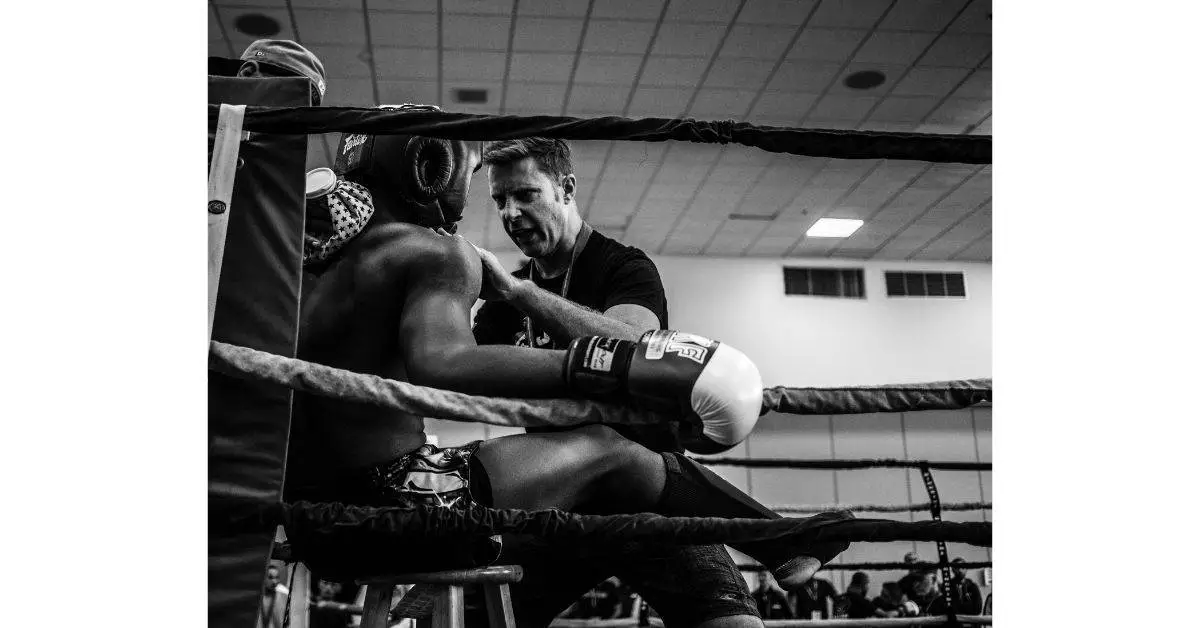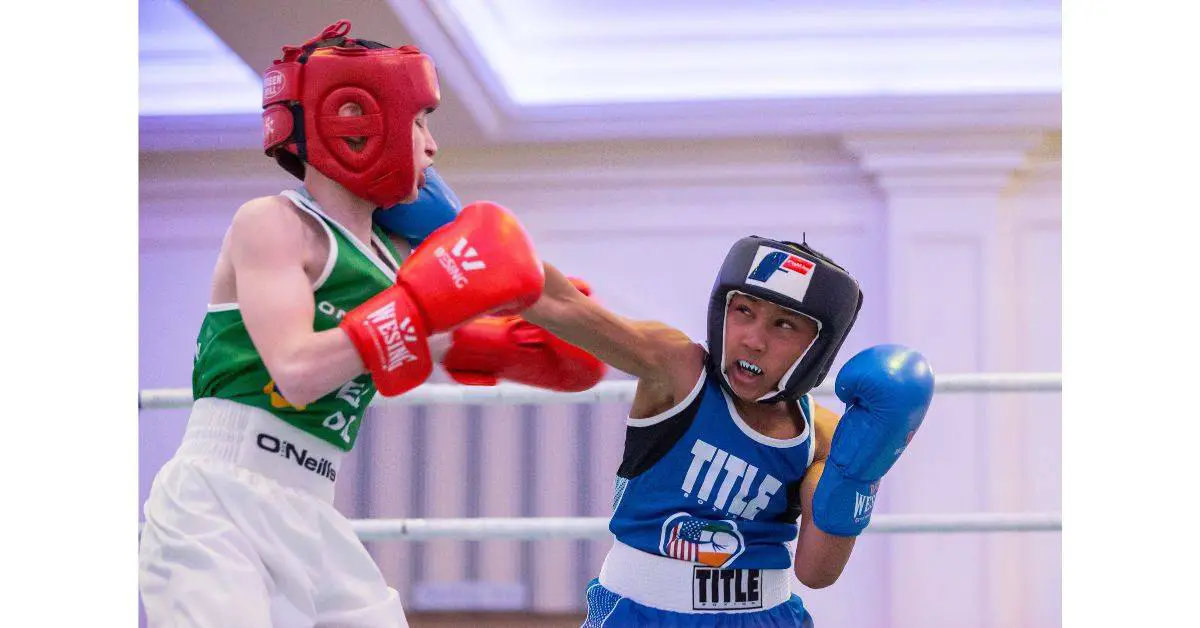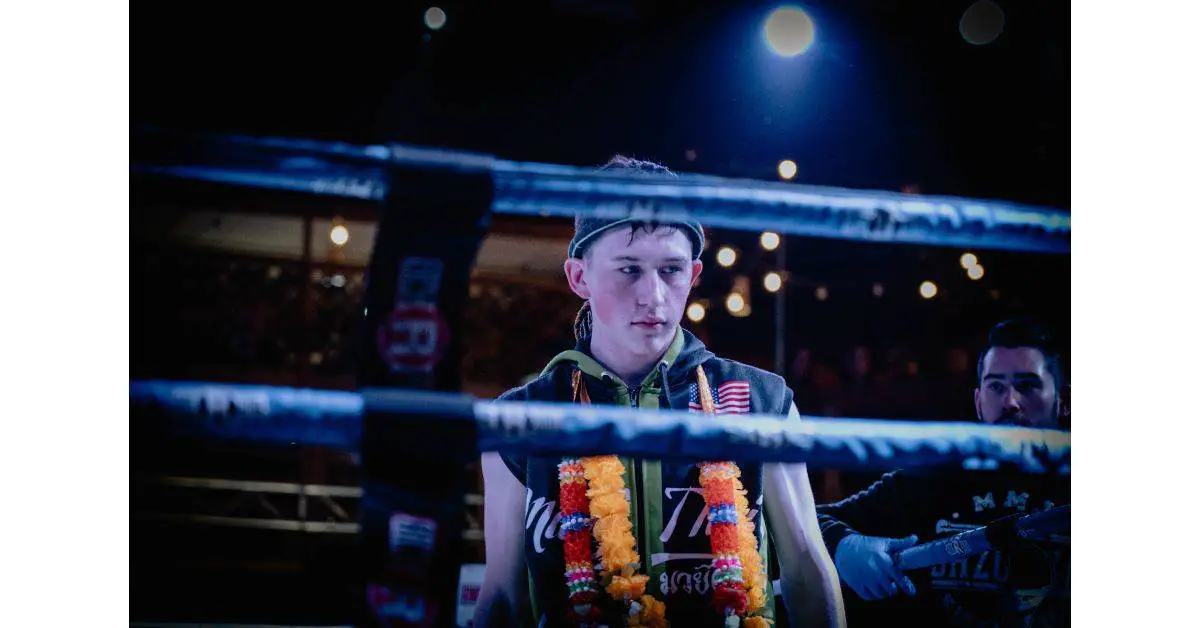Thousands of aspiring amateur boxers are putting in time at their local gyms to prepare for their first bout for every top-level professional boxer. There is no one-size-fits-all answer to the question of how much preparation is necessary for the first ring. To make this call, a fighter must honestly evaluate his abilities, practice habits, and frame of mind.
Before the first fight in boxing, boxers’ training typically takes 4 to 12 months, and they train for 1 to 4 hours, five days per week. You don’t need to rush; the longer you train and are ready, the better your chances of making a great debut. You must plan your workouts to maximize your skills and fitness.
Boxers perform a thorough warm-up, strength and conditioning exercises, team training, roadwork, concentration mitts, sparring, and warm-down workouts.
You must know how to operate your body because the training will measure your strength, agility, and endurance. You must exercise wisely, conduct your study, and learn about your opponent to know what to expect. However, you must avoid overtraining.
Before we dive in, if you want to know how often do pro boxers train, follow the link to learn all about training schedule and plans for boxing.
When should I have my first boxing fight?
Know that before you begin your first boxing fight, In terms of mental and physical strength, you have far more resilience than you give yourself credit for. You will put this to the test in your boxing practice, whether preparing for your first boxing match or just looking to become in better shape as you train.
You should have your first boxing fight when you are physically, mentally, and emotionally ready. Some fighters are ready after a month’s more practice, while some have their first fight after 4-6 months of training. Don’t try to keep up with someone else’s program can physically harm you, as boxing is a difficult sport.

Boxing is the most challenging of 60 sports, according to the USOC, since it requires endurance, speed, and durability.
In other words, you should be in top physical condition before engaging in your first battle. Amateur boxing requires skill, but the more in-condition boxer typically prevails in the fight.
After being discovered in a juvenile detention centre as a child, ‘Iron Mike’ was sent to train with Cus D’Amato, who was assisted by Atlas and Kevin Rooney. The 13-year-old spent a few months beginning to learn his craft before having his first real experience in the ring.
SOURCE
How long do professional boxers prepare for a fight?
When professional boxers have a fight ahead of them, hard effort, devotion, discipline, commitment, and perseverance are qualities they don’t take lightly; these qualities will help them on the day of the fight. So how long do professional boxers prepare for a fight?
Professional boxers often spend 8-16 weeks (typically 12 weeks) preceding a fight following a rigorous training regimen known as a “camp,” the goal is to reach their physical peak and gain weight on fight night. There’s conditioning/strength, diet, sleep, technical training, and sparring to match the opponent’s style.
The training also includes weight management, fitness, and strength. Occasionally, fighters would train at high altitudes to increase their endurance. The most committed campers will isolate themselves from social distractions for the duration of the program.
A serious training period of two months is typical for big battles. The amount of time each boxer spends varies. Training too hard for too long always runs the risk of overtraining and throws a fighter’s timing off.
Although this isn’t always the case, most fights lasting 10 or 12 rounds require at least two months of preparation. The art of training time is unique. A bad match might result from either too much or not enough.
If you want to learn how often do professional boxers fight, follow the link to read an article I wrote breaking down the topic.
How long should you box before sparring?
It can be intimidating to spar as a beginner in boxing. Entering the ring and putting what you’ve learned against a live subject will make you uneasy. In boxing, sparring is crucial. It’s a special training tool that will familiarize you with the ebb and flow of the actual hand-to-hand conflict.
Although it varies from person to person, you should introduce sparring after boxing for around 3 to 4 months of solid training. Ideally, you can include the basic tactical and defensive strategies fundamentals in your daily workout regimen. Slipping, dodging, and countering are the fundamental sparring combinations.

Rushing into a sparring session is the last thing you want to do, so wait until you are sufficiently secure in your skills, at least in theory.
You attain a specific level in your sparring training. Your technique becomes flowing, and your skills become sound. The nearer you practice, the more closely you enter the ring and engage in combat.
How long do you have to train before your first fight?
You should approach your first amateur fight similarly to any other training session where you would spar. Watch what your opponent does before responding. Don’t chase him if he wants to peck and run. How long do you have to train before the first fight?
It often takes new boxers 4 to 12 months of intense training before they sign up for their first match. So you have to be patient and take your time. The greater your likelihood of making a successful debut is, the longer and harder you train. Once you’ve agreed to your first fight, your training time becomes limited.
Fighters ensure they train for six rounds if they are getting ready for a three-round amateur boxing match.
When you accept your first fight, you have a short time to prepare yourself emotionally and physically for the challenge ahead—to triumph in the ring.
How do boxers train for the first fight?
A boxer’s first enemy in the run-up to a boxing bout is overtraining, a frequent adversary for all fighters. Although consistent training is essential, boxers limit their exercise to one-hour sessions two weeks before the fight.
Boxers work out for roughly 4 hours daily to prepare for the first fight. Some fighters choose a boxing training camp, establishing a specific training schedule for their boxing regimen. A shorter training camp for boxers lasts 6–8 weeks. A lengthier camp lasts 10–12 weeks. They combine various exercises and techniques.
Shorter training camps typically include no more than two spikes of extra workouts in their schedule. On the other hand, longer training camps will gradually raise their workout volume to 2-3 spikes.
Boxers get the best results from combining several exercises and techniques. Running, HIIT (High-Intensity Interval Training), mitt work, sparring, strength and conditioning, and boxing drills are all a part of their boxing practice sessions.
They maintain the fundamentals of cardio while concentrating on agility with the jump rope, speedball, and punching ball. Boxers maximize their physical conditioning during pre-fight training. Repetition is the only way to hone your skill.
Remember that boxing tests quickness, strength, endurance, and mental toughness. The more physically fit boxer typically wins in a fight.
Final words
After your first boxing battle, you’ll find that time passes rapidly, so enjoy yourself! Many boxers overreact to the result of their debut fight, acting as though they are either unbeaten or winless.
Don’t overthink it; in the grand scheme, one fight’s outcome doesn’t signify much. After one victory, many fighters become comfortable, and many of them lose their first battle with the largest chip on their shoulder. Think about the progress you’ve made leading up to your first boxing battle and how you can improve. Good luck!
If you enjoyed reading this article, you’ll also enjoy reading about tips on becoming a professional boxer. If you want to turn pro faster or improve your skills, follow the link to learn more.
Resources

